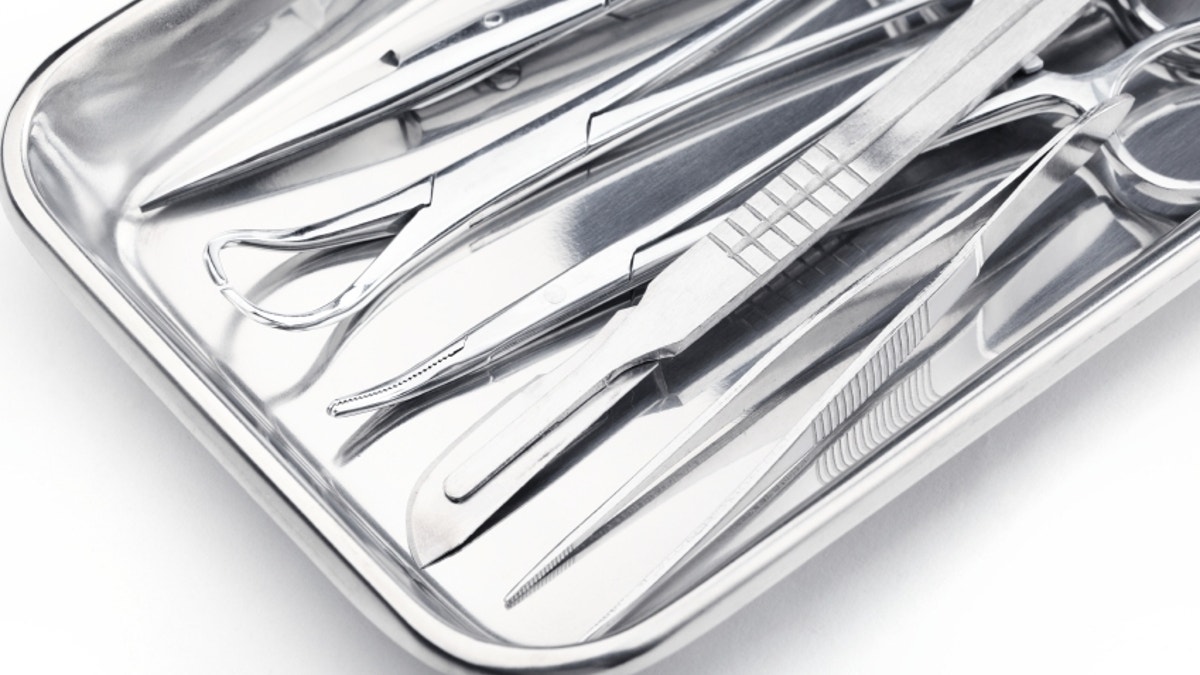
Music is common in operating rooms, with patients and providers generally agreeing that it's a positive addition, but they may part ways on the best type of music to promote successful surgery, a new study suggests.
U.S. researchers surveyed doctors, nurses and patients and found differences - for instance, anesthesiologists more often prefer blues or jazz at lower volume, while surgeons like to pump up the volume of top 40 hits.
"Because music is frequently played during operations, we believe that the implications of music in the (operating room) are clinically relevant and need to be better researched," said senior author Dr. Claudius Conrad of The University of Texas MD Anderson Cancer Center in Houston.
Patients seemed to intuitively understand that music can improve concentration and communication in the operating team, he said.
"We were astonished by how significant the differences in musical preferences (genre, tempo, volume) by specialty (surgery vs anesthesiology) and professional status (attending physician vs resident vs nurse) were," Conrad told Reuters Health by email.
"As surgeons we strive to make the operating room the safest place possible for our patients," he said. "Surgery demands cognitively and technically complex skills while also requiring broad team coordination to synchronize tasks."
The researchers gave musical preference questionnaires to 282 preoperative patients and 390 providers, including attending doctors, residents and nurses in anesthesiology and surgery.
Three-quarters of patients reported a high level of music enjoyment, and most often favored rock, classical and top 40 genres. The operations they were having ranged from very minor to major surgery.
More than 40 percent of patients thought music should be played often in the operating room, and most felt the music choice should be up to the surgeon or operating team.
Most providers also rated music enjoyment highly, the study team reports in the journal Surgery.
Attending doctors tended to prefer classical music over other genres like hip-hop or electronic music.
Nurses and surgeons tended to prefer music at higher volume than residents and attending doctors, while those in surgery also preferred louder music than those in anesthesiology
Anesthesiologists must process audiovisual alarms during procedures, so softer volumes make sense, Conrad said. Faster, louder music may be more suited to the prolonged motor performance required of surgery.
"A team's ability to effectively communicate and function as an integrated unit is one of the most important determinants of success and is critical to the delivery of high-quality medical care, avoidance of medical errors, and management of unexpected surgical events or crises, particularly at the surgeon-anesthesiologist interface," Conrad said.
"Based on our study, given music's impact on team dynamics, the use of music in the OR requires careful consideration and discussion among team members to ensure that the needs of all are being met," he said.
Surgery providers most often select the music that plays in the OR, he noted.
"While executive decision-making can contribute to efficiency in the OR and may also create a sense of control that is an important stress-relieving mechanism, surgical providers must recognize the significant differences that exist between the different providers in the operating room," Conrad said.
Collective decision making is the best way to choose music in the OR, he said.
"Healthcare providers may not be aware of the music preferences of patients and their staff colleagues," said Linda L. Chlan, associate dean for nursing research at the Mayo Clinic in Rochester, Minnesota, who was not part of the new study.
One person's music choice for concentration may be very distracting for another colleague, Chlan told Reuters Health by email.
Patients who will be awake during surgery may want to use headphones so they can listen to their preferred music to reduce anxiety, not the music chosen by the healthcare team members, Chlan said.
"Practically speaking, our results suggest that classical music in particular, when played at an appropriate volume, could be a suitable option for the heterogeneous work environment of the OR," Conrad said. "While it may not be the best option for each individual provider, it might be one of the best 'common denominators' in music choice for the heterogeneous environment of the operating room."
